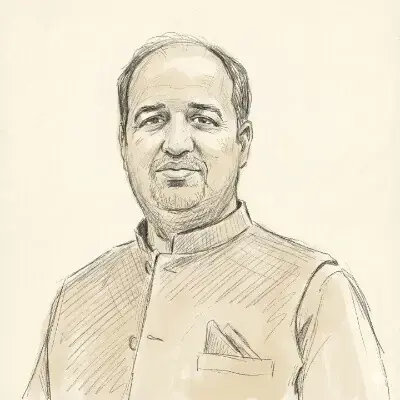ISLAMABAD: During the last four years, the federal government did not open any new school in Islamabad but a number of madressahs cropped up in the capital territory.
According to a latest survey, the number of seminaries in the federal capital stands at 374 and a majority of them are unregistered.
The survey conducted by the capital administration showed that the government had no influence over a majority of the seminaries as 205 of the religious institutions were unregistered.
Interestingly, the religious seminaries (374) outnumbered the capital’s 348 educational institutions (191 primary, 60 middle and 97 high schools). However, 43 higher secondary schools, which are generally considered as inter-colleges, are not included in the list of schools.
The new residential sectors of G-13 and G-14 have no public schools but a number of seminaries are operating there. “For the last many years, we could not construct any new school,” confirmed an official of the Federal Directorate of Education (FDE).
New survey shows govt did not open new schools in last four years but several madressahs cropped up in capital territory
An official of the ICT administration said since 2013 a number of new madressahs had been established in various parts of the capital.
“I myself know that six new madressahs, including one unauthorised, were built during the last a few years,” said the ICT administration official.
He said religious seminaries belonging to four schools of thought were operating in Islamabad with the Deobandis topping the list followed by the Barelivis, Ahl-i-Hadis and Shias. A source said over 25,000 students were pursuing education in the 374 madressahs having boarding facilities. The source said around 12,000 of the students belonged to Islamabad and the remaining were from other cities and towns.
The survey was carried out on the direction of Interior Minister Chaudhry Nisar Ali Khan, apparently after the recent spike in terror activities in the country. The survey is being carried out in two phases. In the first phase, the status of the seminaries was checked to conform if they were registered or not.
During the second phase, the Capital Development Authority (CDA) will check whether both the registered and unregistered seminaries are operating on encroached land or not. The CDA will also check the size of the land, the building plan, violation of the building plan and the non-conforming use of the plots.
“The first part of the survey has been completed and work is underway to complete the second phase,” said a source in the ICT administration. He said the basic purpose of the survey was to put an end to the mushroom growth of unregistered seminaries which continued since 1980, particularly in the rural areas of the capital.
The source said there were also unauthorised mosques. After receiving direction from the local administration, the CDA building control section held a meeting on Friday, which was chaired by the director building control.
An official, who attended the meeting, told Dawn that teams had been formed to complete the task of checking the buildings plans of the madressahs and the status and size of their plots.
When contacted, Building Control Director Shafi Marwat refused to share the CDA plan to complete the task. “Today, we held a meeting regarding madressahs but at this stage I can’t share any information with you,” he said.
Meanwhile, some officials of the FDE said there was a dire need for the establishment of new schools in the capital. They said the government was focusing on the multi-billion Prime Minister’s Education Reforms Programme for improving physical infrastructure of the educational institutions but no focus was being paid on the opening of new schools.
However, an official of CADD said for the forthcoming budget the establishment of five new secondary schools (two in G-13, one each in sector G-14, Margalla Town and Pakistan Town) had been approved.
In addition, he added, efforts would be made for getting funds for the construction of five new primary schools which were approved in 2014.
Published in Dawn, March 18th, 2017



































